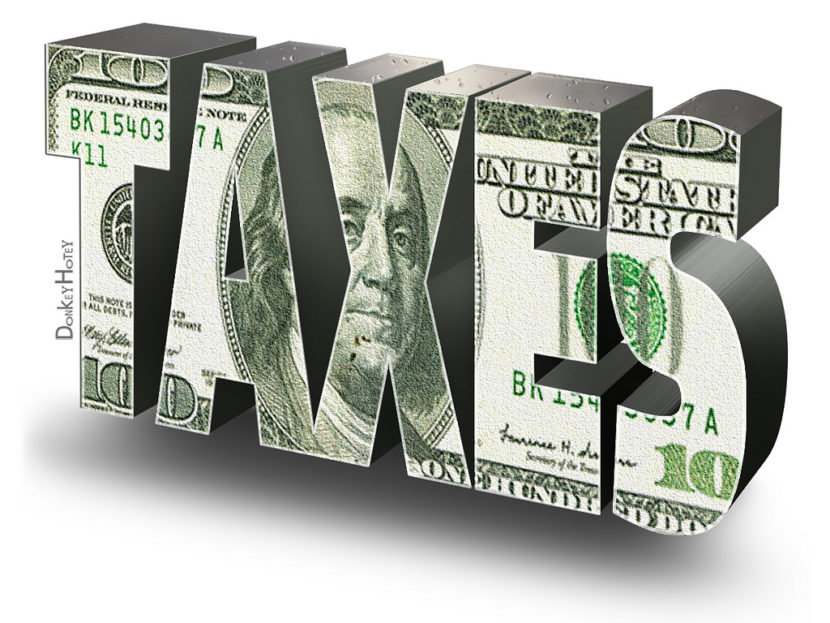The Internal Revenue Service has written specific rules for every profession and activity, legal and illegal. For political bribes, see tax code 162(c) and for trafficking illegal drugs see tax code 280e. Legal marijuana companies are required to pay taxes under the same category of illegal drug traffickers because cannabis is still a federally illegal drug and is categorized as a Schedule I substance under the Controlled Substances Act.
So, it’s about time: tax code experts are fighting the federal government over a very obscure tax code that is crippling small businesses across the legal industry. These tax attorneys and accountants may just be the industry’s biggest allies.
What is 280e?
If you are not familiar with the tax code 280e, my guess is that you are not in the marijuana industry. Marijuana businesses that are operating legally, across half of our country, under state licenses pay effective tax rates of 70% under the tax code. The entrepreneurs of this budding industry can deduct the costs associated with growing the plant, but they cannot deduct anything related to the retail side of the business.
And many marijuana businesses simply put up with it and pay these astronomically high taxes, and get on with their business. But many of these tax experts say that more companies need to stand up against the IRS.
While the marijuana industry has accomplished a lot by reforming state laws, the road to profitability and sustainability is still far away and requires changing federal law, which has been resilient to the legalization movement.
When Was 280e Created?
Tax code 280e was created in 1982 with the help of Minneapolis-based Jeffrey Edmondson, who dealt amphetamines, cocaine, and marijuana, won a lawsuit against the IRS to claim business expenses.
During the taxable year of 1974, Edmondson received 1.1 million amphetamine pills, 100 pounds of marijuana, and 13 ounces of cocaine from a supplier on consignment. He reported on his 1974 return that his cost of goods sold for these products was $105,300, itemizing deductions, including a couple thousand miles he put on his automobile, the cost of a scale to weigh his product, packaging costs, a couple hundred dollars in long-distance and local business calls and a portion of his rent for his home office. The court decided that he was entitled to “both ordinary and necessary” business expenses in 1981.
However, the following year, Congress passed tax code 280e, banning businesses that trafficked Schedule I or Schedule II substances from taking business expenses besides the cost of goods sold.
Since a case in 2007 (CHAMP), marijuana businesses have been able to make deductions on their non-cannabis business activities.
Conclusion
The marijuana industry is making progress (since 1975), but the federal government can still use the tax code to destroy companies.
So how do we get rid of 280e? Congress would need to de-schedule cannabis. Although there have been many rumors that the DEA would reclassify cannabis, it still has not. Because marijuana remains illegal in half of the states, this might be tricky because in those states, the members of Congress do not want to support it publicly.

